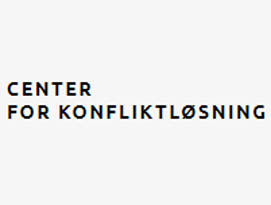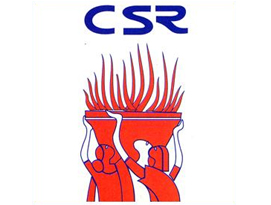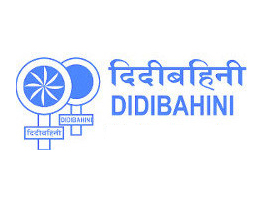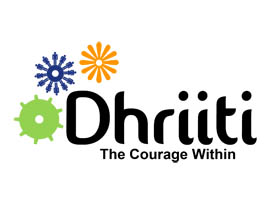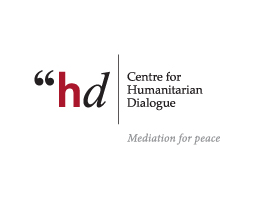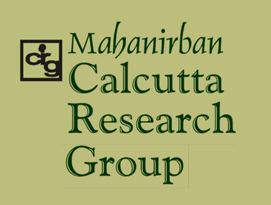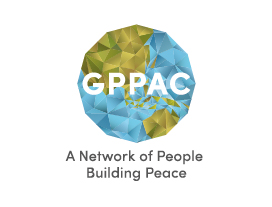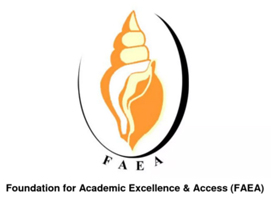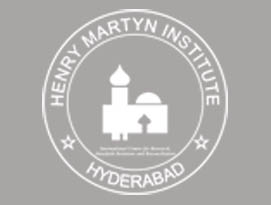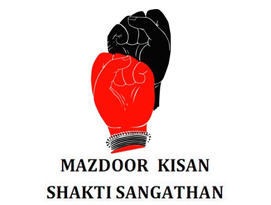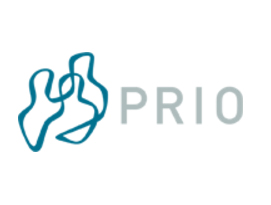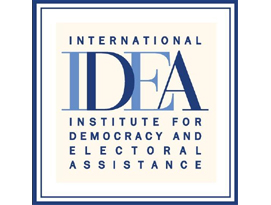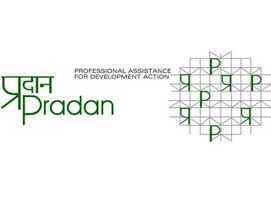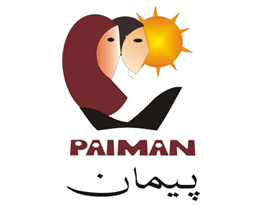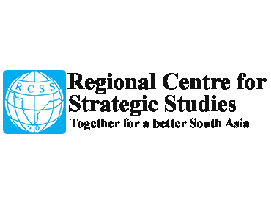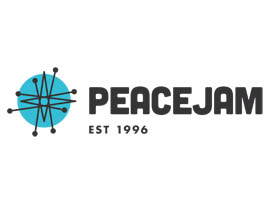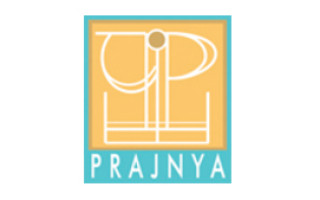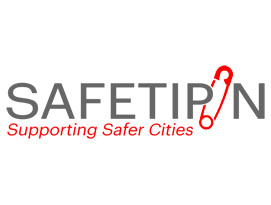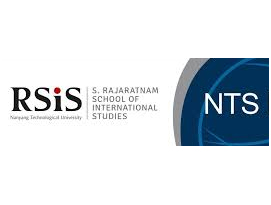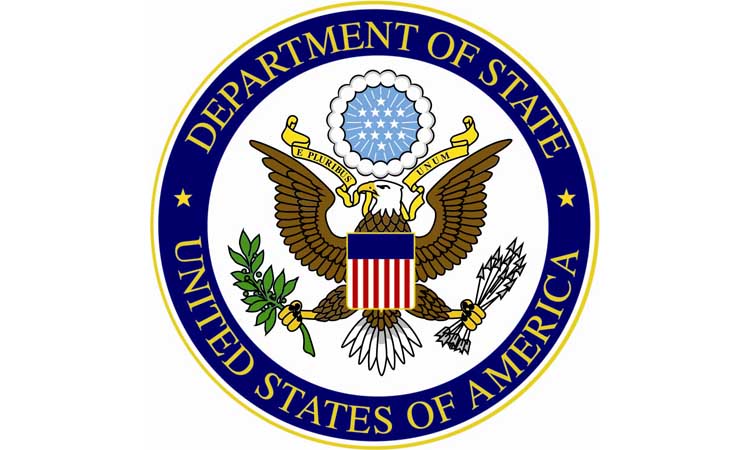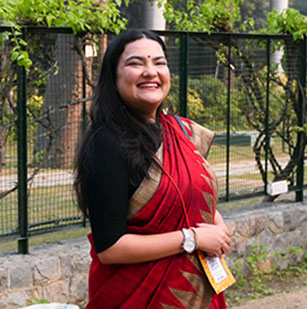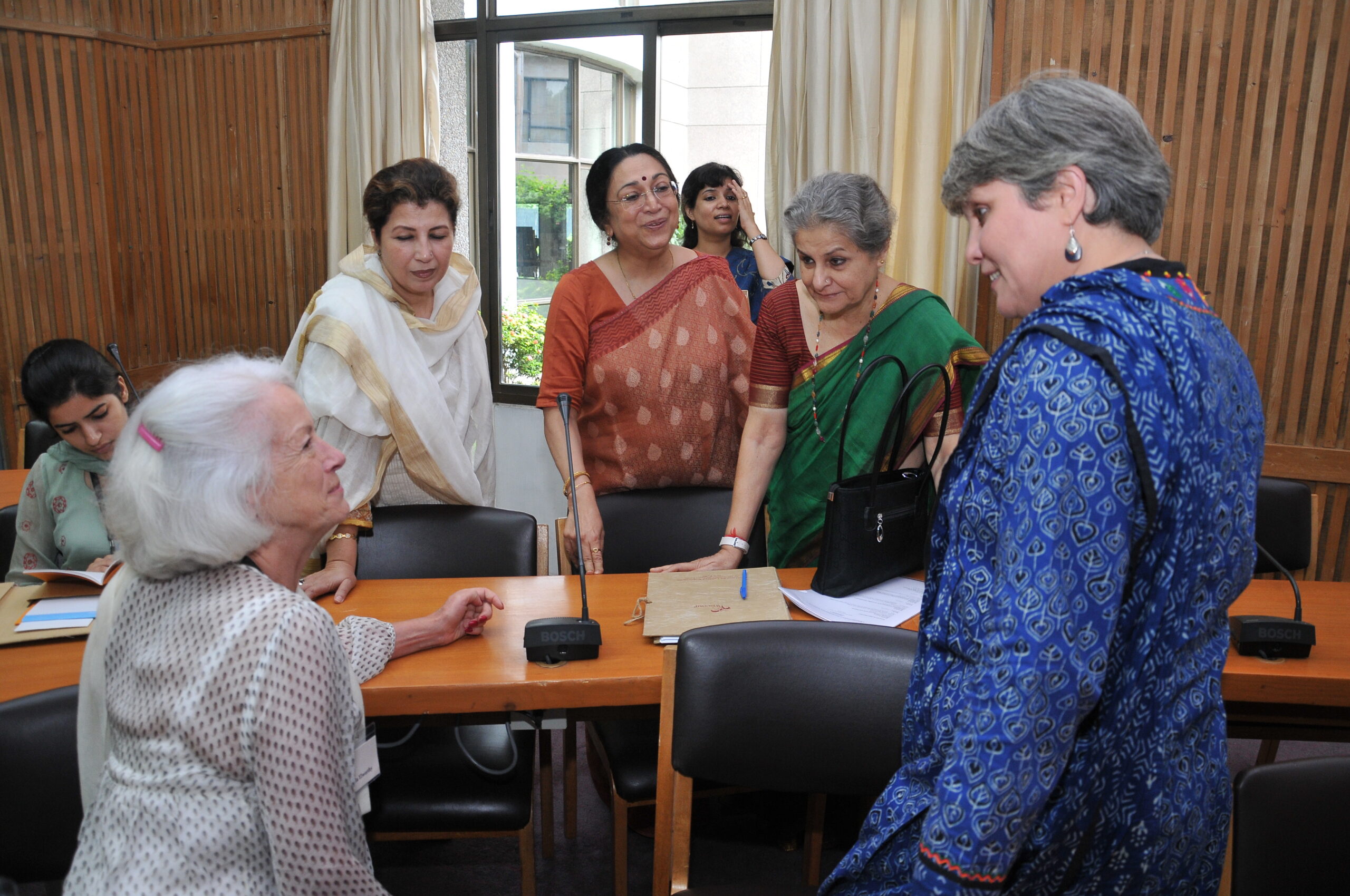
Nurturing initiatives on women’s leadership in peacebuilding across South Asia since 1999
Our Story
Women in Security, Conflict Management and Peace (WISCOMP) was launched in 1999 as an initiative of the Foundation for Universal Responsibility of His Holiness The Dalai Lama to build a culture of coexistence and nonviolence in South Asia that is gender-sensitive and inclusive. A not-for-profit, non-sectarian, non-denominational organization, the Foundation was established with the Nobel Peace Prize awarded to The Dalai Lama.
In 1999, WISCOMP formally introduced the discourse on Gender, Peace and Security in South Asia – then nascent, today evolving – at a time when it had not been given a theoretical and ideational framework.
WISCOMP was established to facilitate a central role for women in influencing public policies and peace processes by providing empowering spaces for women’s informed articulation on issues of democracy, representation, foreign policy and peacebuilding.
For over two decades, WISCOMP has been building its research-praxis around peacebuilding using an intersectional lens; working with women and youth—facilitating dialogues, capacity building trainings, developing new pedagogies for peace, mentorship—to address overt, structural and cultural violence through transformative and sustainable approaches.
WISCOMP’s network of senior, mid-career and young scholars and practitioners spans across academic, non-profit, media, law, and government sectors. Over 250 publications (in-house and commissioned) stand testimony to the richness of this vast network.
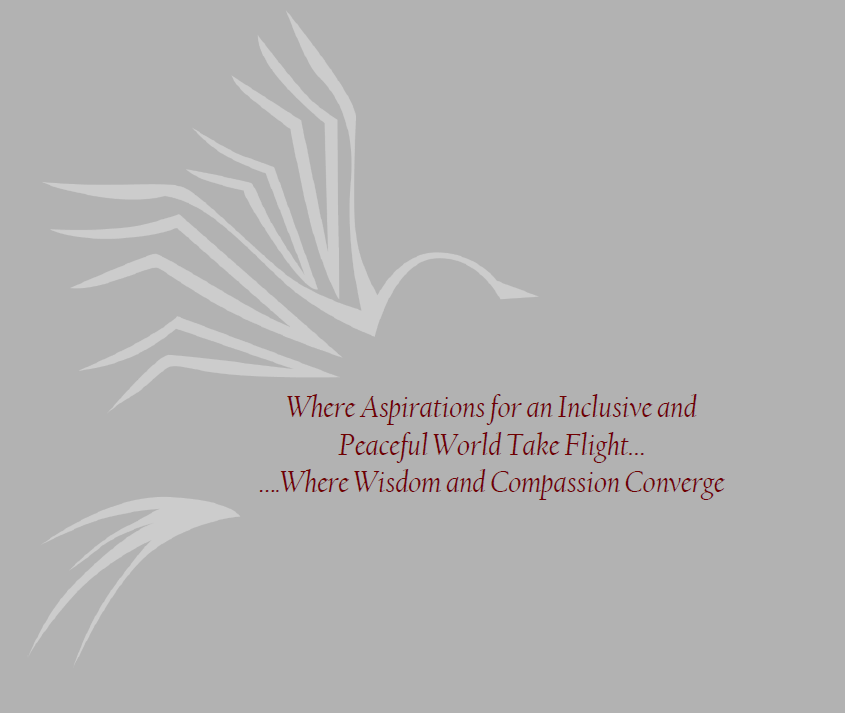

Mission
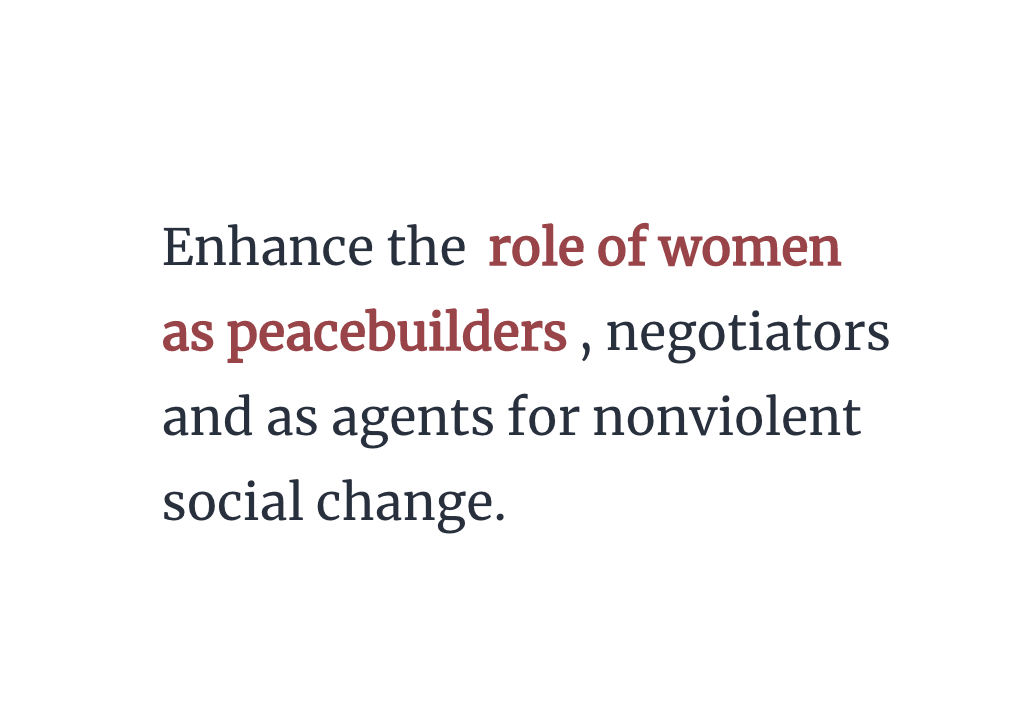
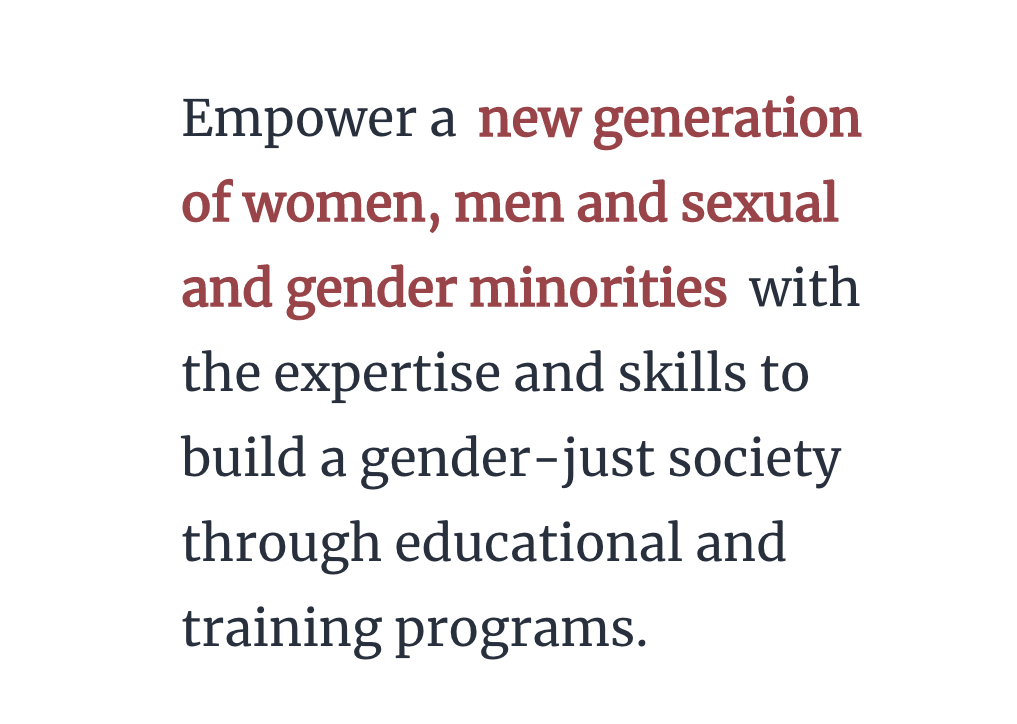
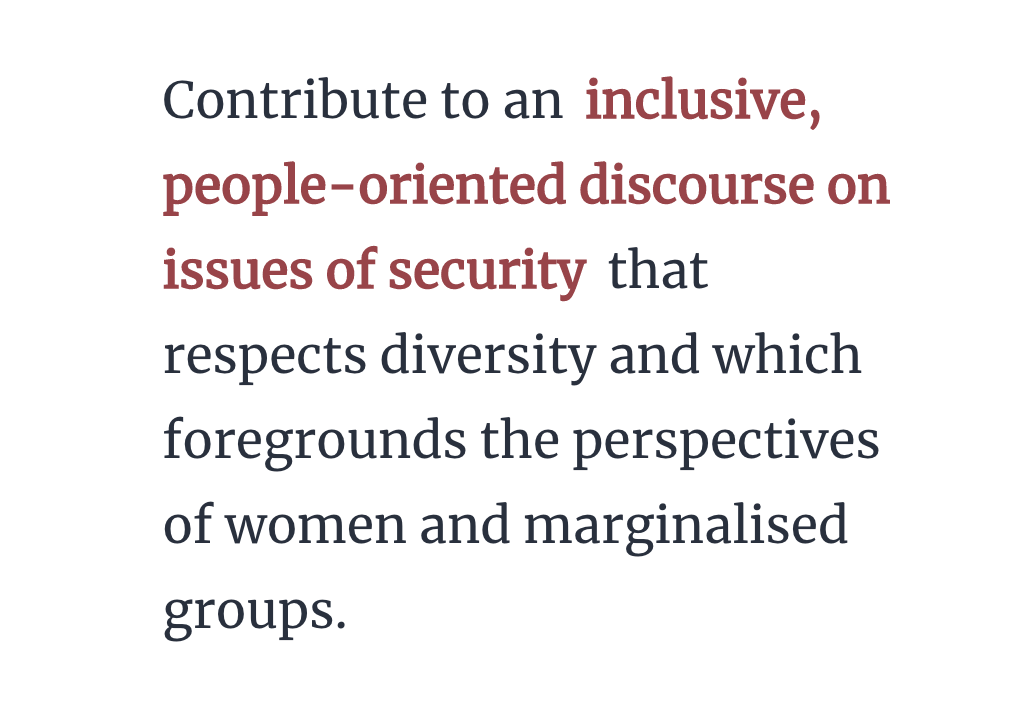
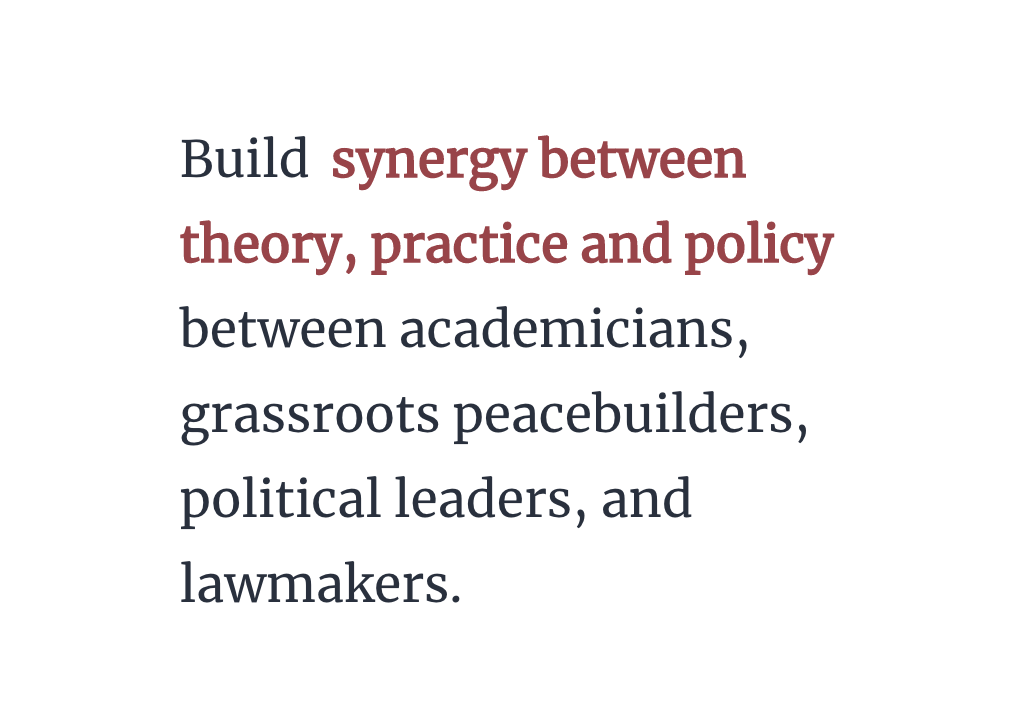
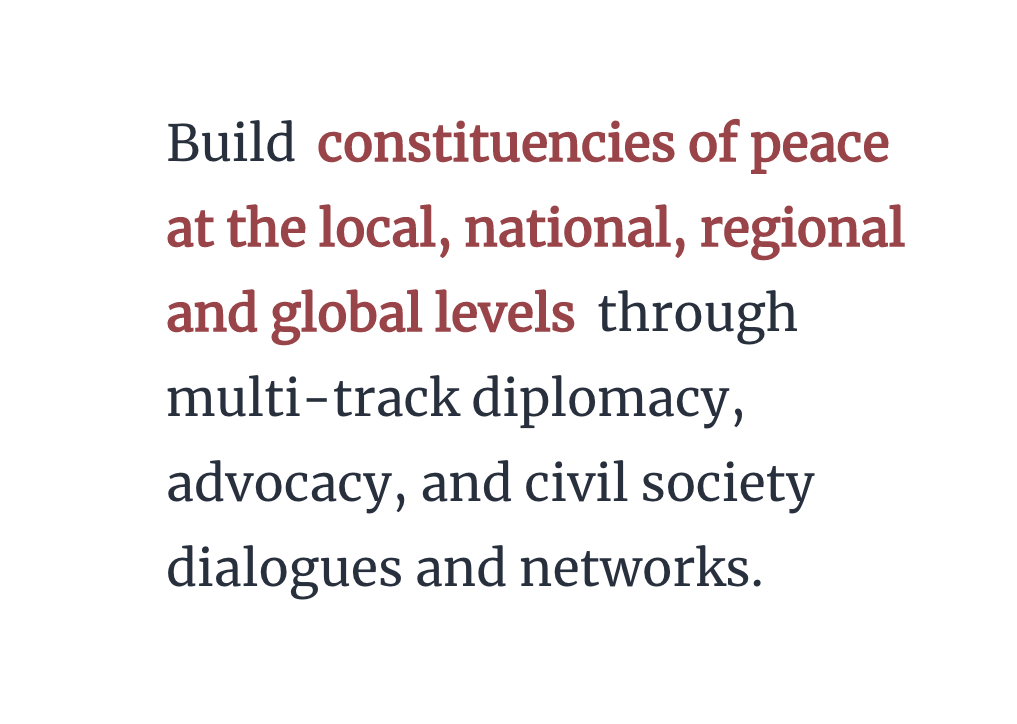
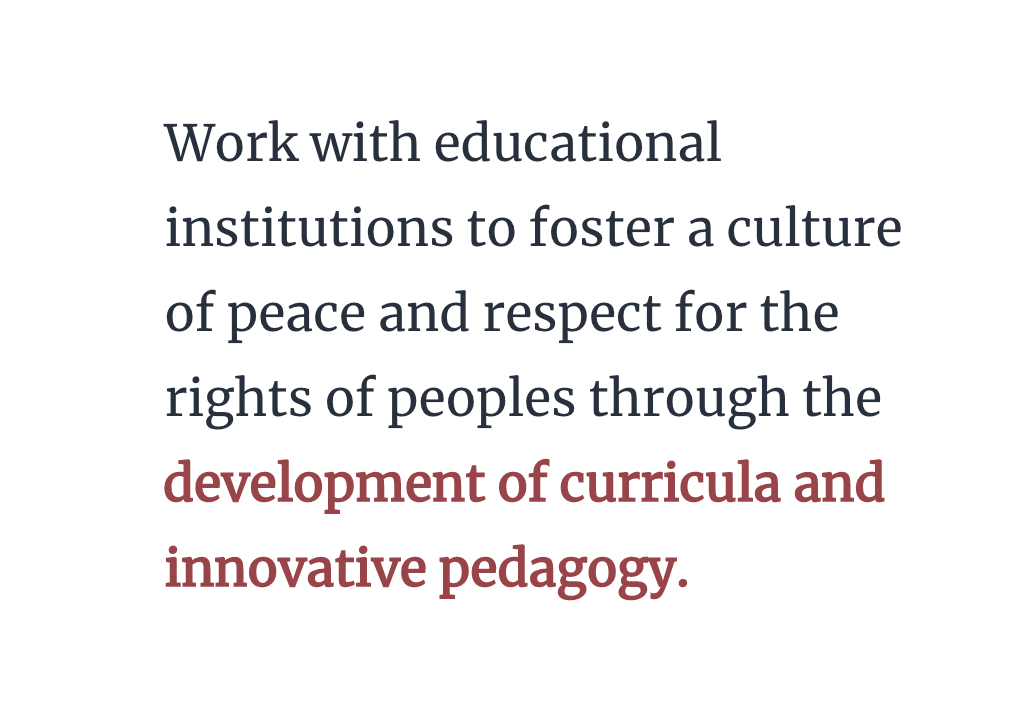
Milestones
- 1999 Jan - 01
- 2000 Jan - 01
- 2001 Jan - 01
- 2002 Jan - 01
- 2003 Jan - 01
- 2004 Jan - 01
- 2005 Jan - 01
- 2006 Jan - 01
- 2007 Jan - 01
- 2008 Jan - 01
- 2009 Jan - 01
- 2010 Jan - 01
- 2011 Jan - 01
- 2012 Jan - 01
- 2013 Jan - 01
- 2014 Jan - 01
- 2015 Jan - 01
- 2016 Jan - 01
- 2017 Jan - 01
- 2018 Jan - 01
- 2019 Jan - 01
- 2020 Jan - 01
- 2021 Jan - 01
- 2022 Jan - 01
- 2023 Jan - 01
-
WISCOMP is established to Promote Women’s Leadership in Peace and Security
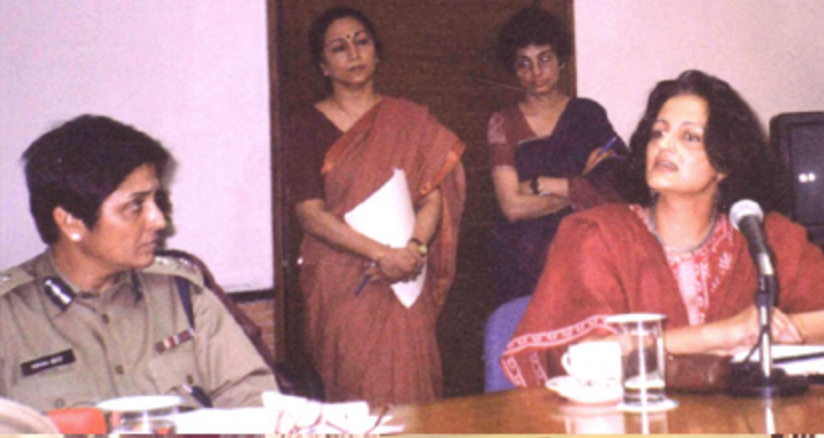
A pioneering South Asian research, training, and praxis organization to promote women’s leadership in peace processes is established well before the formal articulation of UNSCR 1325 (2000). It convenes the first public dialogue on the intersection of gender, conflict reportage, and peace.
-
Transcending Faultlines: Women’s Bus for Peace
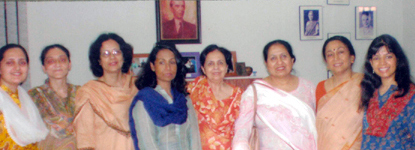
WISCOMP joins the late Gandhian Nirmala Deshpande and a group of women for the first Indo-Pak civil society dialogue, post the Kargil conflict. This cross-border dialogue process of women and youth leaders is sustained for over a decade despite periods of intense hostility and diplomatic strain.
-
When the Gun is Raised, Dialogue Stops: Women’s Voices from Kashmir
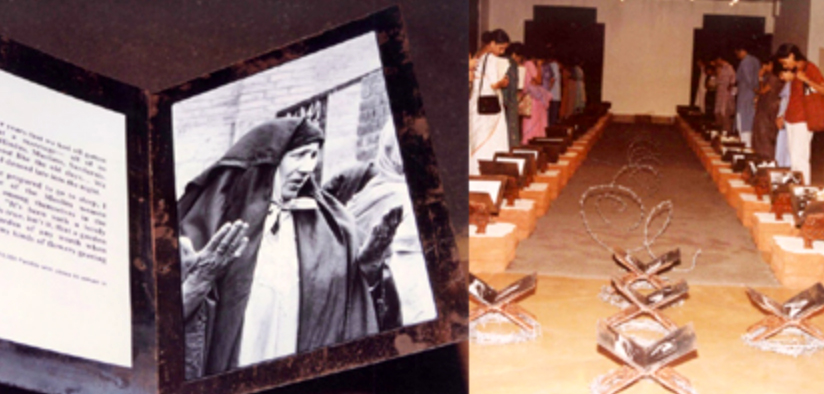
First time since the outbreak of violent conflict in Jammu and Kashmir, an installation by photographers Sonia Jabbar and Sheba Chhachhi captures the testimonies of women from Kashmir, foregrounding a gendered experience of protracted conflict. The installation receives widespread media coverage across South Asia.
-
Building Peace Networks across Nagaland and Sri Lanka
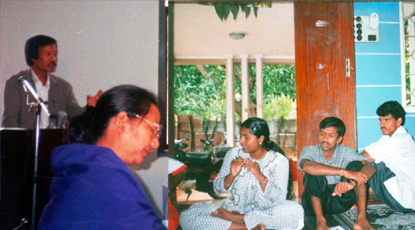
Women peace activists and researchers from Nagaland and Sri Lanka convened for a dialogue on culture-specific conflict resolution strategies, to strengthen peacebuilding capacities of women and build networks across fault lines. They visit Trincomalee and Kantale to learn about unique collaborative livelihood programs of Tamil and Sinhalese women.
-
Global Recognition for our Work
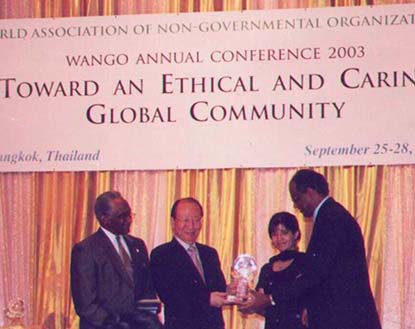
The 2003 Peace and Security Award conferred by the World Association of Non-Governmental Organizations (WANGO), New York recognizes WISCOMP as a timely initiative which significantly contributed to achieving the goals of the UNSCR 1325 by advancing the leadership of South Asian women in conflict resolution.
-
Reconciliation in South Asia
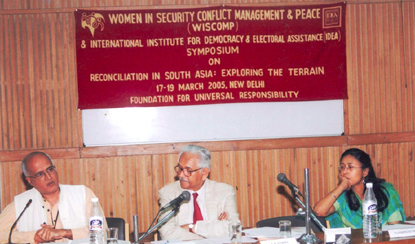
Exploring alternatives to conventional approaches to justice that emphasize retribution, an international symposium is organized that foregrounds reparations, transitional and restorative justice with experts from Israel, Sweden, Africa, Canada, USA, UK and South Asia. The attempt is to explore sustainable peace by breaking generational cycles of violence and revenge.
-
Building women’s leadership for conflict resolution in Nepal
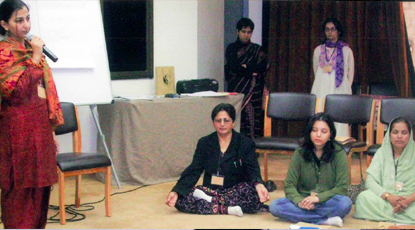
To strengthen collaboration with South Asian organizations, WISCOMP facilitated workshops and trainings on reconciliation, dialogue, and nonviolent engagement with Shanti Malika, a pan-Nepal network of women’s organisations building peace in a society fractured by conflict.
-
Our Scholars of Peace Network reaches 50
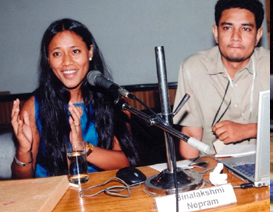
The year marked an important stage of the Scholar of Peace Fellowship Program, which commenced in 2000. Our 50th Fellow joined the network, cementing our work with young scholars across South Asia. A professional development conclave for the Fellows encouraged cross-fertilization of research ideas and learnings.
-
Peace Journalism Trainings
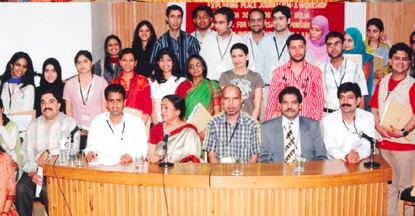
WISCOMP trained media students and young journalists to be animators in building linkages between media and peacebuilding. Over 200 young media-persons were trained in conflict-sensitive reportage through a series of Peace Journalism workshops focusing on the conflict in Jammu and Kashmir.
-
Dialogic Explorations: Texts and Contexts
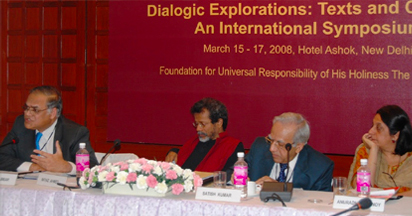
Highlighting what South Asia can offer to the global discourse on peacebuilding and conflict resolution, an international symposium was organized with scholars and practitioners from across the world reflecting on the possibilities and limits of dialogue in the context of ethnic & political conflicts, and as an approach to augment practices of coexistence in multicultural societies.
-
Challenges and Prospects for Peace in Nepal
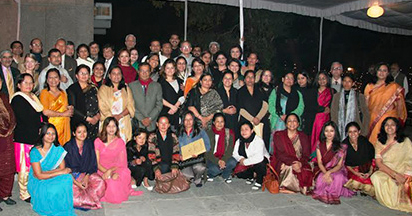
To address Nepal’s ongoing challenge of constitution building, a WISCOMP symposium brought together members of Nepal’s Constituent Assembly representing six political parties, civil society leaders and scholars working in Nepal. It was a unique space for the Nepali leaders to dialogue across political divides, a reality that was not possible in Kathmandu at the time.
-
Exploring the Contours of Democracy in the Maldives
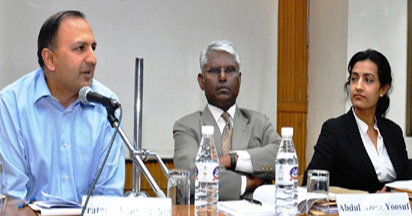
A first-of-its-kind symposium on the Maldivian democracy-in-the-making post the 2008 elections was organized where Indian experts in diplomacy, maritime security, jurisprudence, education, and sustainable environment joined their Maldivian counterparts.
-
Heritage Education: A Methodology for Building Cultures of Coexistence
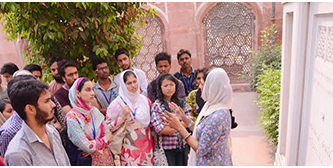
Breaking out of conventional formats of panel discussions, WISCOMP’s use of heritage walks as a unique methodology to deconstruct history and open dialogue gained popularity. Creative methodologies such as music, puppetry, theatre, film screenings, dance etc. became the new formats of engagement.
-
Ten Years of Conflict Transformation Workshops in India and Pakistan
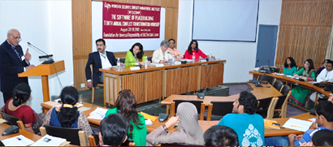
The India-Pakistan conflict transformation workshops with youth and women’s groups completed a decade of WISCOMP’s sustained support to the peace process in South Asia. The research evaluation Bridging the Divide: Peacebuilding for a New Generation is launched, analyzing WISCOMP’s theory of change in building ‘strategic’ relationships between 400+ youth leaders from South Asia.
-
Generating a New Lexicon on Peace and Security in South Asia
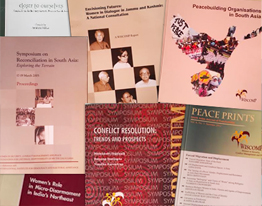
WISCOMP offers a broad range of resources in the form of publications, bibliographies, exhibitions, research studies, and training manuals specific to the South Asian context. These seek to stimulate engagement between policymakers and civil society groups to strengthen efforts for peace and security. Our 150th publication went public!
-
Youth Building Infrastructures for Peace in Kashmir
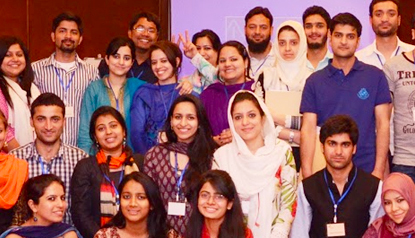
An inter-regional Student Alliance from Kashmir and Delhi is forged from the Education for Peace initiative with college and university students. They organised the first youth dialogue across the conflict divide focusing on four areas: Multi-Stakeholder Dialogue, Peace Education, Social Entrepreneurship, and Heritage Education.
-
Dialogue with Iconic World Leaders
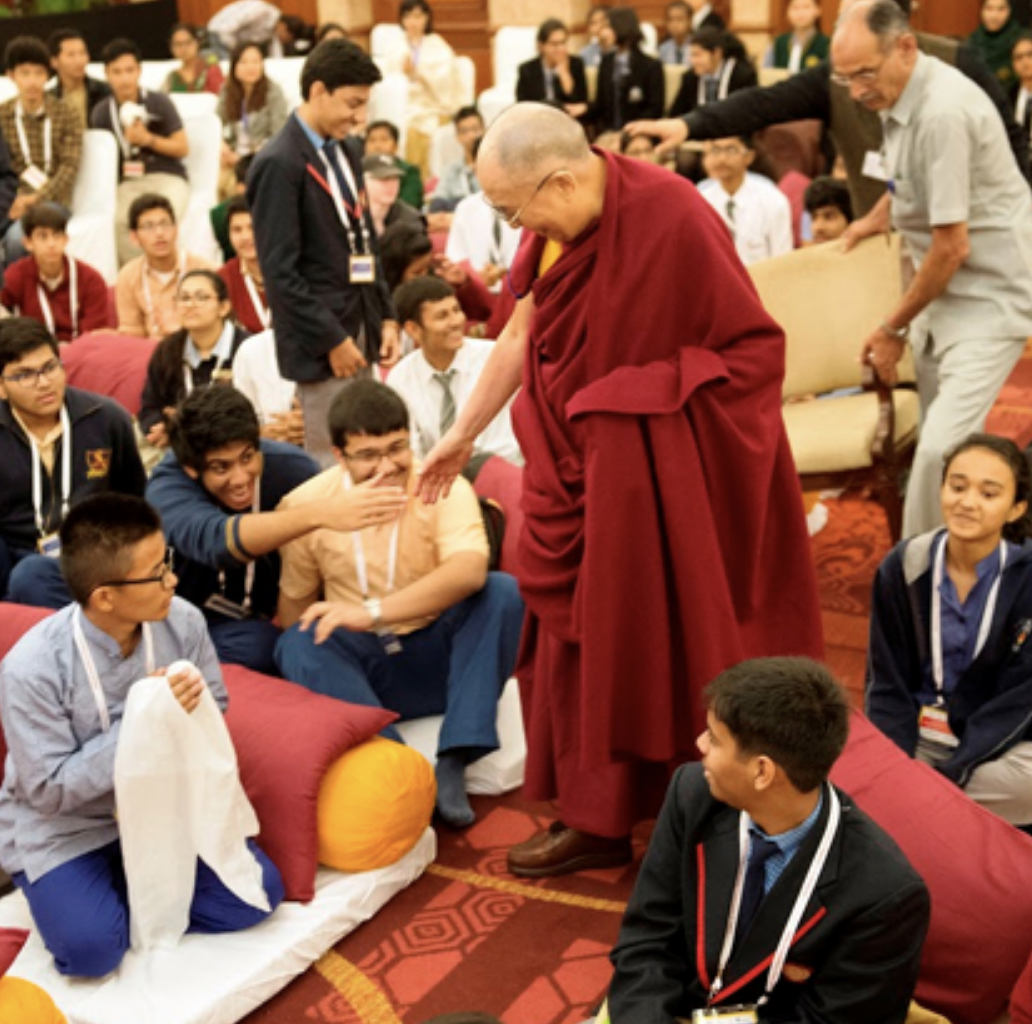
A unique opportunity for young people to interact with iconic world leaders and Nobel Peace Laureates creates spaces for the youth to practice compassion, coexistence and universal responsibility.
-
Strategies to End Violence Against Women
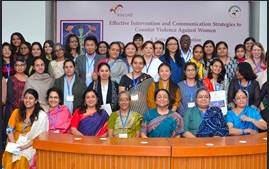
A three-day National Consultation convenes key stakeholders from law, academia, media and the NGO sector to review the work undertaken towards changing attitudes and behavior on Violence Against Women, following the Criminal Law Amendment Act 2013. It generates dialogue on best practices and lessons learnt at the national level, and recommendations for policymakers on addressing GBV.
-
SAAHAS Award: Applauding Heroes & Sheroes of Courage
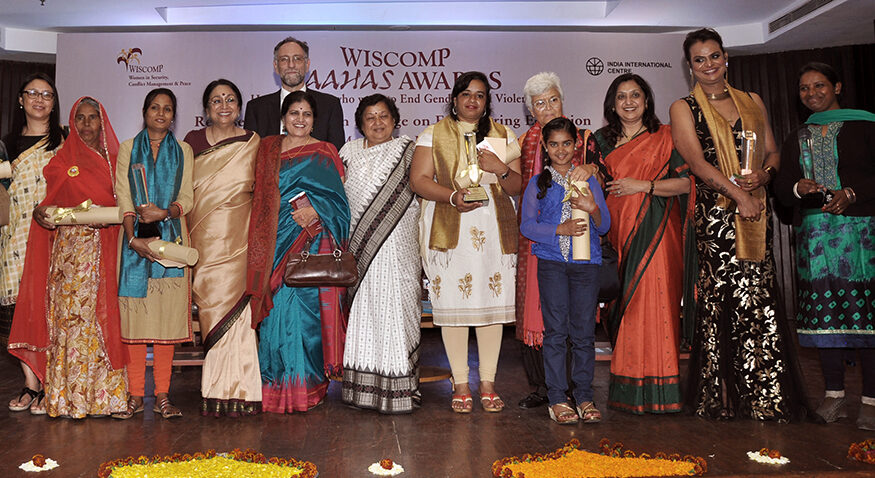
The Saahas Awards applauded the courage of seven men, women and transgender persons who stood up against gender-based violence in their lives and communities. We also honoured the monumental contributions of activist Kamla Bhasin with the Shero of Courage Award and released a path-breaking Training and Curriculum Package designed for the South Asian context.
-
Advancing Gender Equity, Justice and Inclusion on Campuses
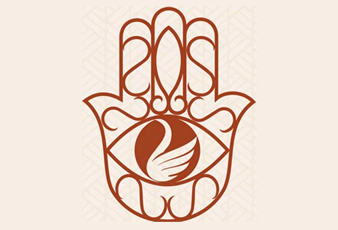
The first-ever pan-India initiative on Gender Audits trains faculty, senior administrators and students at 45 very diverse Higher Educations Institutes across the country on facilitating and institutionalizing gender-just norms and practices at campuses. WISCOMP launches an online portal for students and educators: Log-in Gender.
-
WISCOMP Public Dialogues foreground a Gender Lens
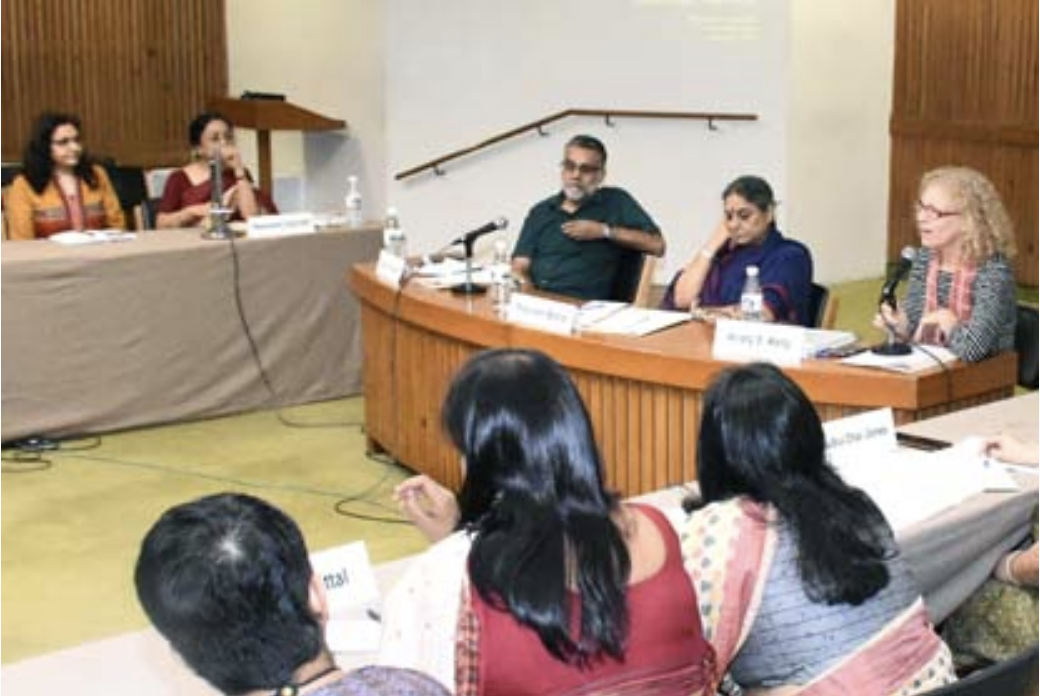
WISCOMP Dialogues, a new public discussion series begins. It provides space for reasoned and sustained public dialogue on pertinent and intersecting contemporary issues of conflict transformation, diplomacy, rights, coexistence, governance, democracy, development and leadership, through a gender lens.
-
WISCOMP goes virtual: Saahas Awards 2020!
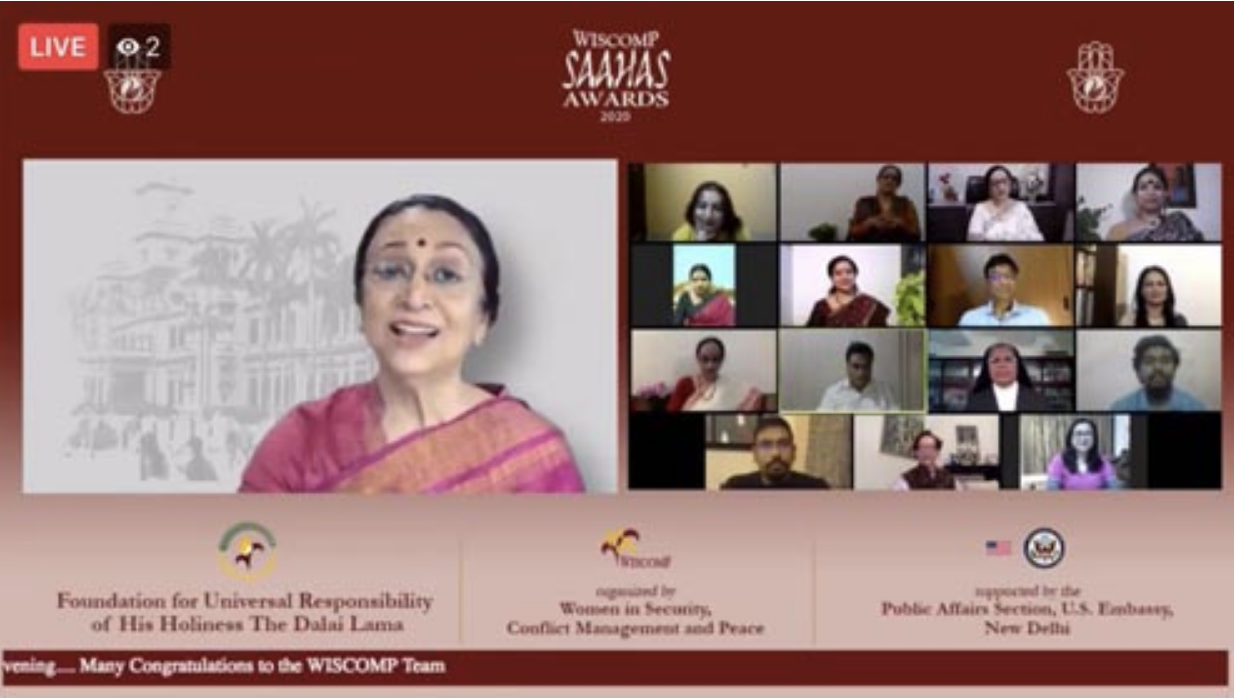
WISCOMP Saahas Awards, held virtually, acknowledged and celebrated the courageous efforts of 12 gender-justice animators from universities and colleges across India who expanded the canvas of gender sensitivity and equity in higher education spaces.
-
Continuing our Virtual Footprint despite the Challenges of COVID

Expanding our virtual footprint during COVID, WISCOMP’s webinars foreground a range of issues from Gender, Disability and Resilience; Transformative Pedagogy in Pandemic Times; SDG takeaways for South Asia; Feminist Leadership in Disarmament; Nuclear Responsibility: A New Approach; Gender Perspectives on the Blue Economy; Women and Vulnerable Groups during COVID 19 and New Directions in ‘Non-Traditional Security’.
-
Facilitating Intra-Afghan Dialogue since the Taliban Takeover in 2021
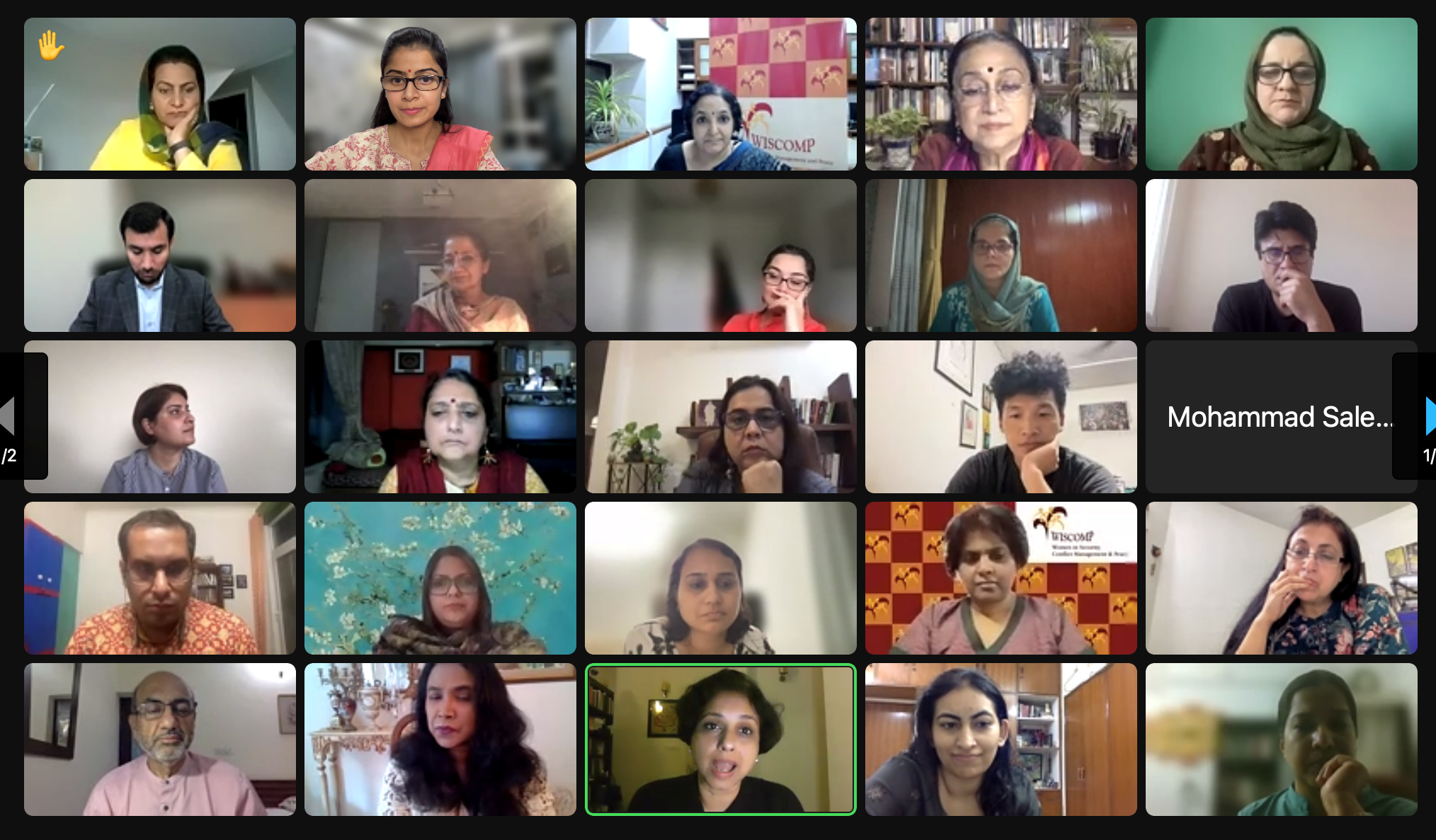
To contribute to Intra-Afghan Dialogue and craft policy recommendations for Indian policymakers on Afghanistan since the Taliban takeover in 2021, WISCOMP launched a dialogue series in August 2022, bringing centre-stage the perspectives of Afghan political leaders, civil society actors, media persons and former government officials.
-
Shaping the Discourse on Disarmament, Diplomacy and Climate Change
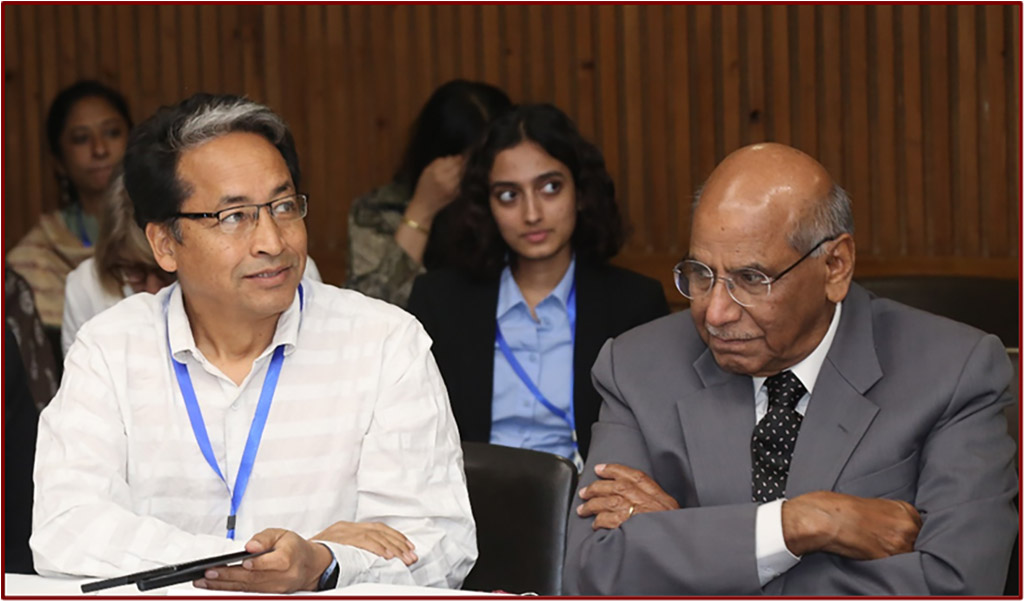 Against the backdrop of India’s G20 Presidency, WISCOMP convenes dialogues with diplomats, grassroots practitioners and scholars foregrounding the gender lens on crucial concerns of nuclear disarmament, diplomacy and climate change.
Against the backdrop of India’s G20 Presidency, WISCOMP convenes dialogues with diplomats, grassroots practitioners and scholars foregrounding the gender lens on crucial concerns of nuclear disarmament, diplomacy and climate change.
Meet the Team
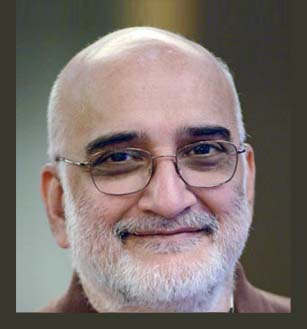
Honorary Managing Trustee, Foundation for Universal Responsibility & Mentor, WISCOMP
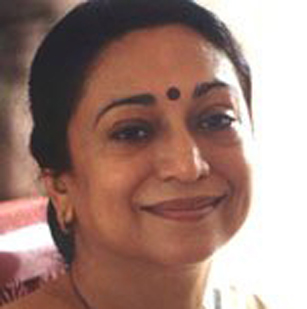
Founder and Director
WISCOMP
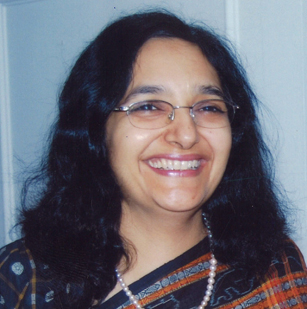
Deputy Director
WISCOMP
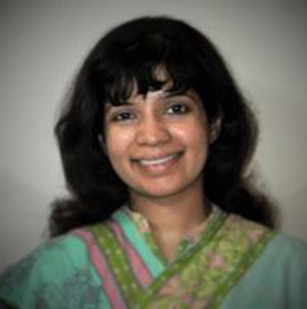
Assistant Director – on sabbatical
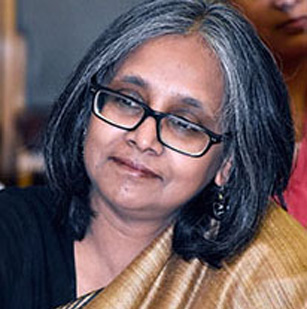
Research Advisor
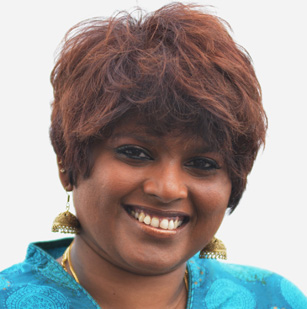
Senior Fellow
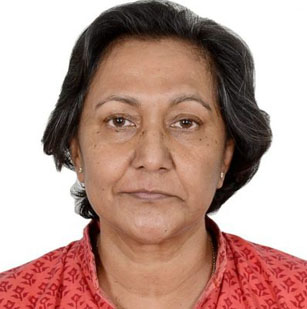
Visiting Fellow
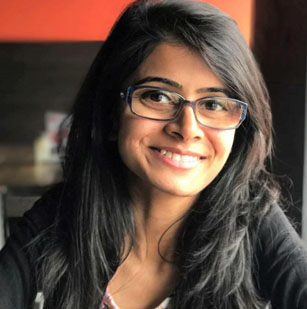
Program Consultant
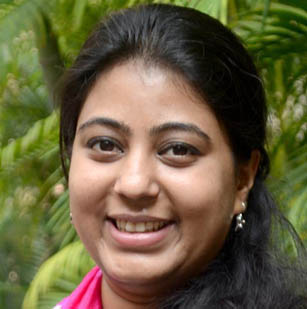
Program Consultant
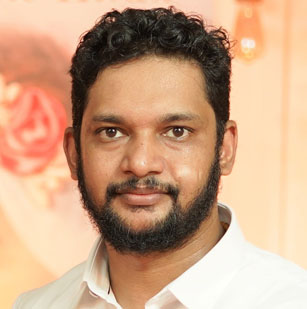
Administrative Officer
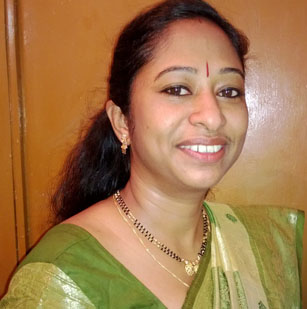
Executive Assistant
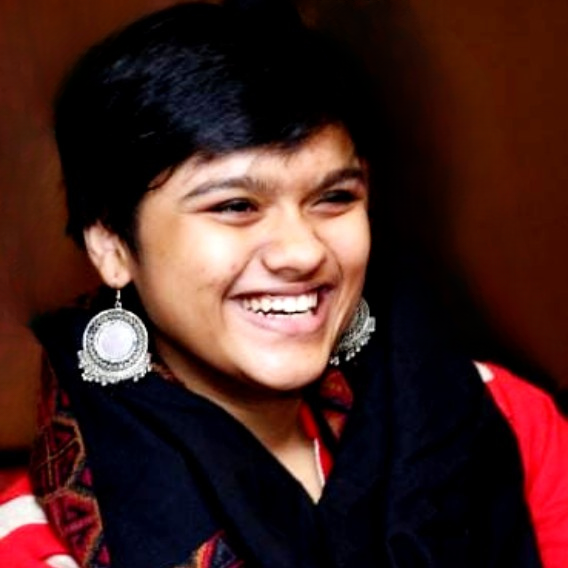
Program Officer
Our Advisory Board
Eminent scholars and professionals from the civil services, media, corporate and social sectors serve on our Advisory Board and lend guidance to WISCOMP programs.
Our Partners
